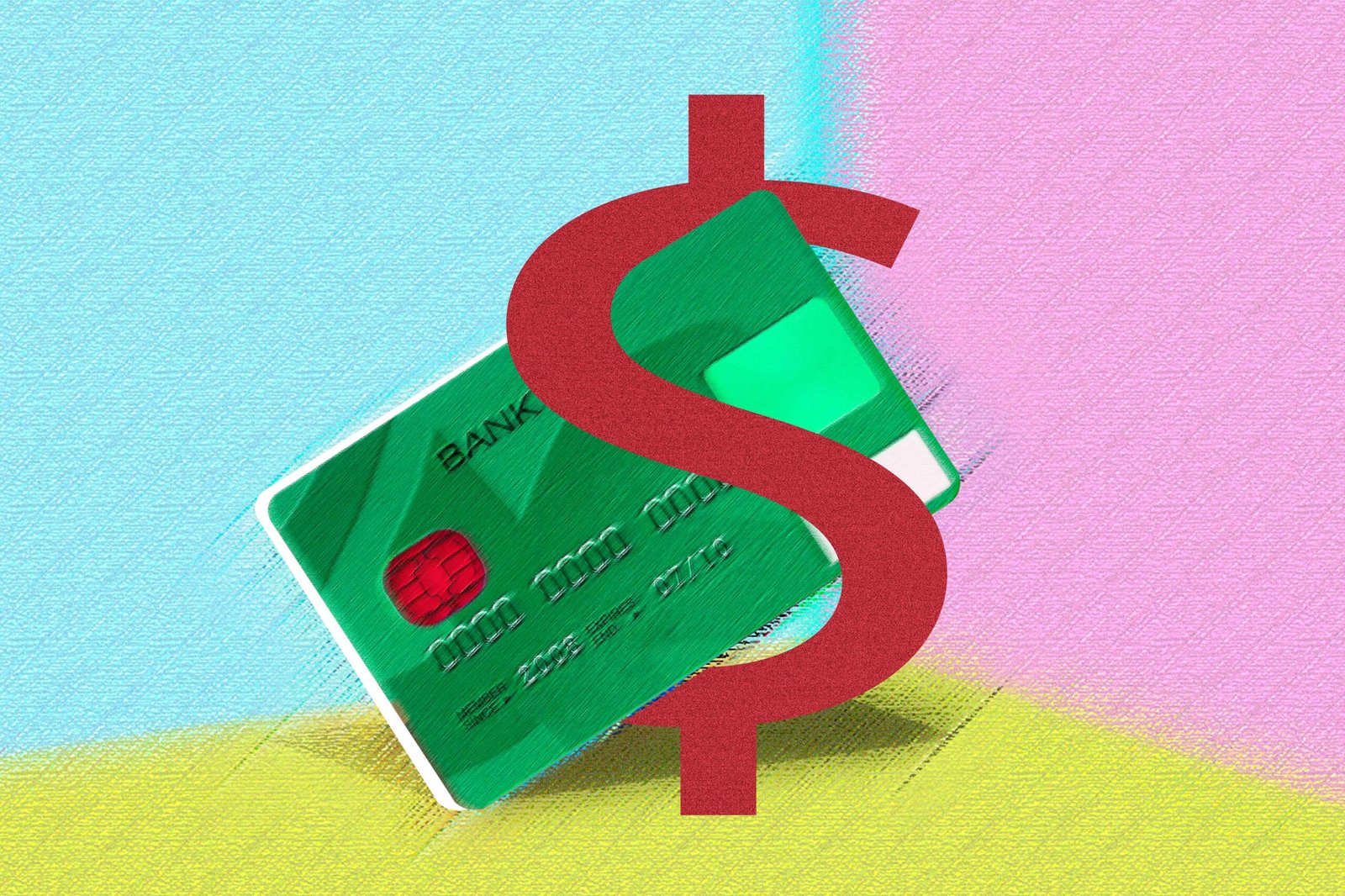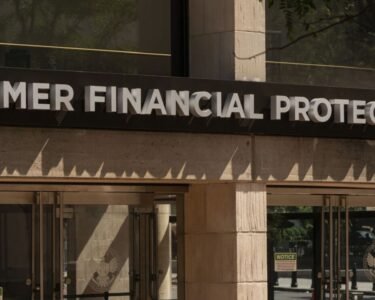Making a late payment on your credit card may soon be a lot less costly.
The Consumer Financial Protection Bureau, or CFPB, announced Tuesday that it has finalized a rule to slash the typical late fee charged by large card issuers from $32 to $8. The change could save each of the 45 million Americans who pay these fines an estimated $220 every year, according to the CFPB.
The rule is part of the Biden administration’s multi-pronged crackdown on junk fees — and, specifically, is a step intended to “stop some credit card companies from ripping you off with late fees,” President Joe Biden said in prepared remarks Tuesday.
Getting rid of credit card fee loopholes
It all goes back to the Credit Card Accountability Responsibility and Disclosure Act of 2009, or CARD Act, which (in part) targeted excessive penalties like late fees. After it was implemented, the law only allowed card companies to levy “reasonable and proportional” fees tied to the cost of them having to deal with late payments, according to a CFPB news release.
But the CFPB says the CARD Act also included an immunity provision that let firms “sidestep accountability” if those fees were under a certain threshold — specifically, $25 for the first late payment and $35 for those after, plus annual inflation adjustments. The CFPB says its new rule lowers that threshold, requiring certain big firms to “either charge a maximum late fee of $8 or justify a higher amount by demonstrating that they need to charge more to cover their actual collection costs.”
It also nixes the automatic annual inflation adjustment, which CFPB Director Rohit Chopra tells Money has been used “to hike late fees every year almost in lockstep,” amounting to a “bonanza” for the firms. In 2022 alone, card companies took in about $14 billion in late fees.
“Federal law prohibits excessive or unreasonable fees,” he says. “We found a loophole they were abusing and exploiting, and we’re closing it.”
To be clear, large card companies can still charge over $8 in late fees — they just now have to prove that sum is actually necessary for them to chase down the payments. Those firms also still have the power to hike interest rates and decrease customers’ credit lines to get them to pay on time.
“I would rather them build a business where they are rooting for you to succeed, rather than celebrating when you slip up,” Chopra adds.
Possible impact on cardholders — and credit card rewards
Reactions to the rule have been mixed, with some critics blasting its origins, scope and consequences.
Lindsey Johnson, president and CEO of the Consumer Bankers Association, said in a statement that the White House was “normalizing being late on credit card payments” — and “knowingly putting consumers’ financial health at risk” as a result. As the Washington Post reports, some card issuers have claimed limiting late-fee revenue could translate into fewer perks and rewards for cardholders.
The U.S. Chamber of Commerce, a lobbying group, said in a news release of its own that it plans to file a lawsuit to prevent the rule from taking effect.
“The agency’s final credit card late fee rule punishes Americans who pay their credit card bills on time by forcing them to pay for those who don’t,” Neil Bradley, its executive vice president, chief policy officer and head of strategic advocacy, said. “This will result in fewer card offerings and limit access to affordable credit for many consumers.”
Legal challenges nonwithstanding, the rule is set to take effect 60 days after being published in the Federal Register.
More from Money:
17 Best Credit Cards of March 2024
Inside the Biden Administration’s Plan to Stop ‘Out-of-Control’ Overdraft Fees
Average Credit Card Debt Climbs ‘Significantly Higher’ in the Past Year




